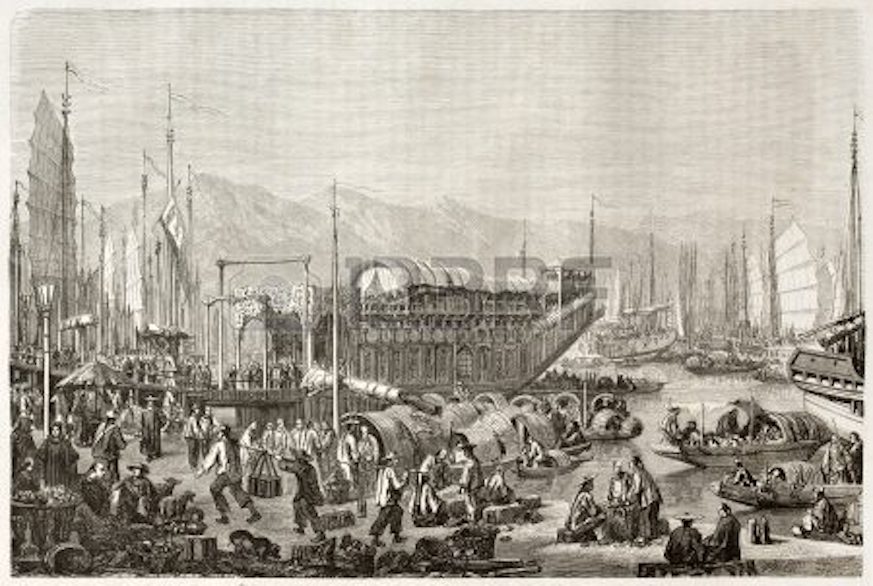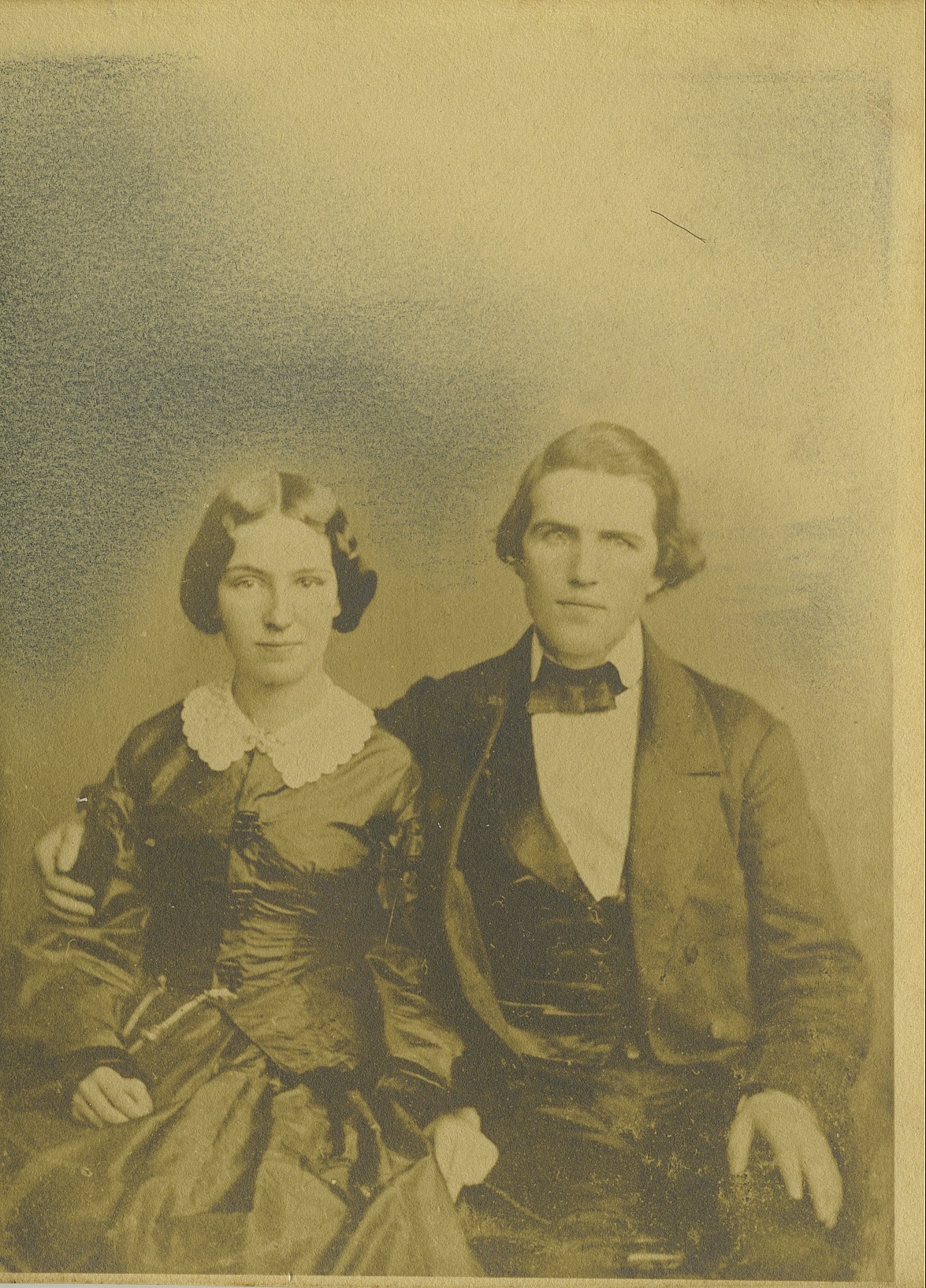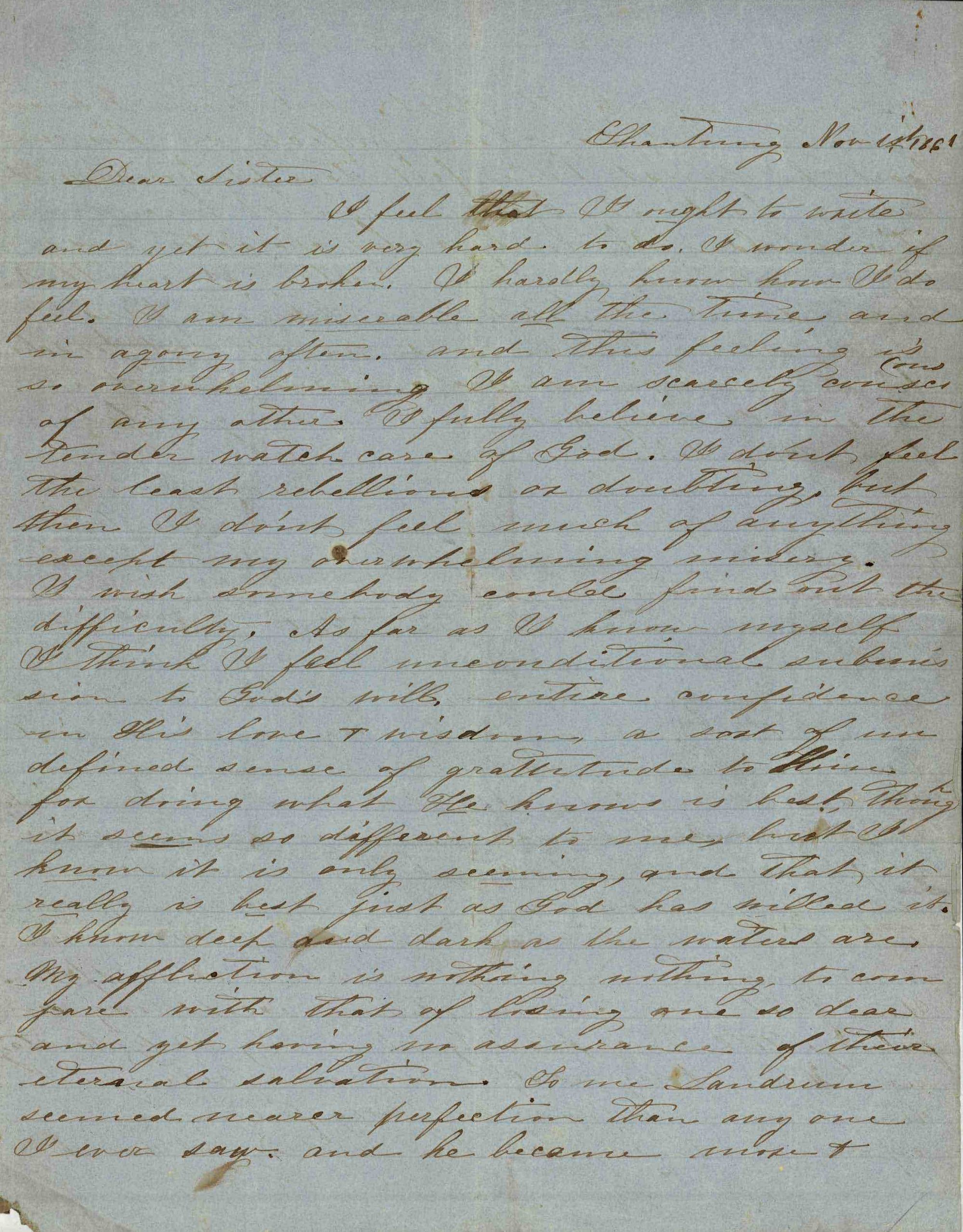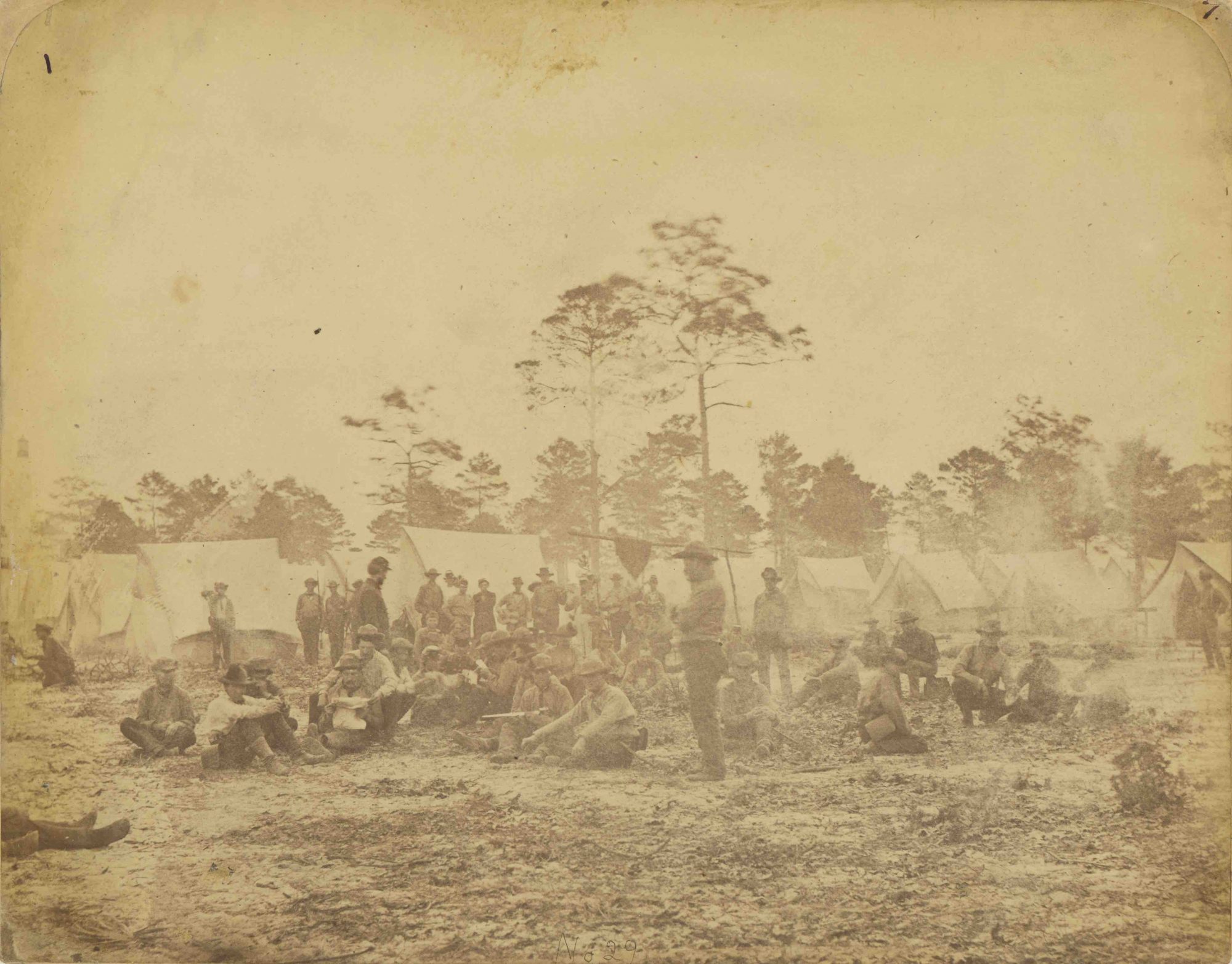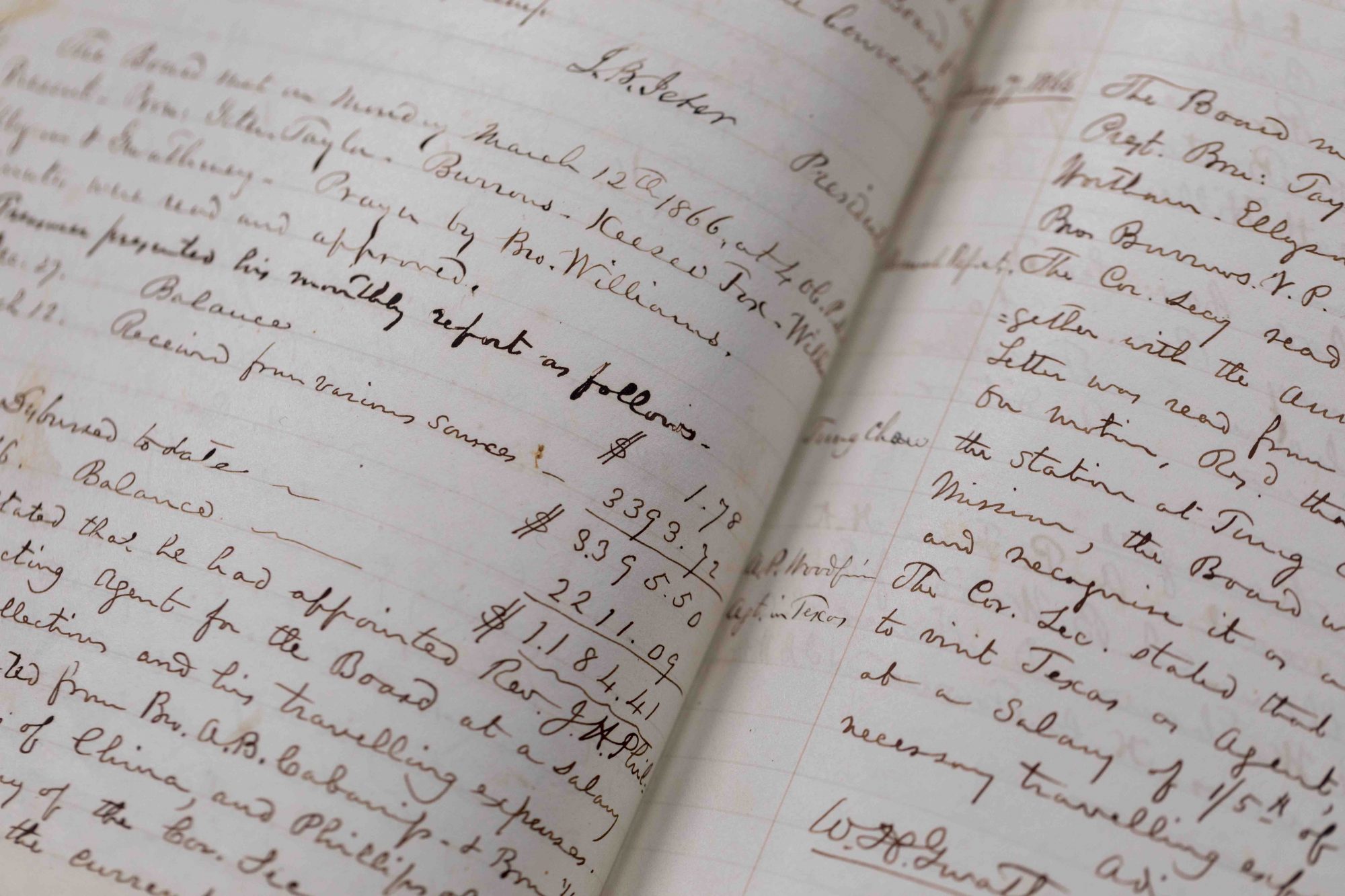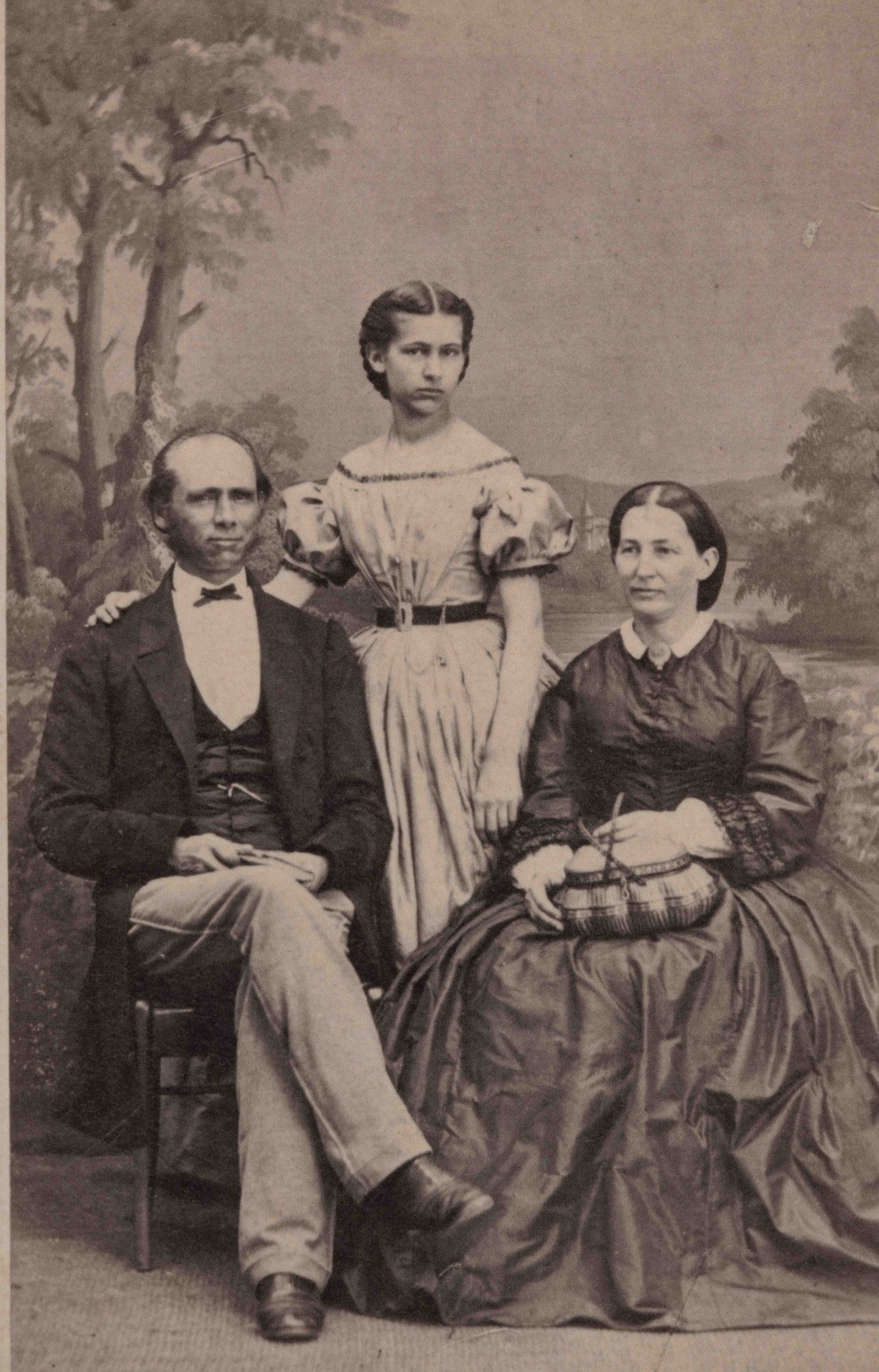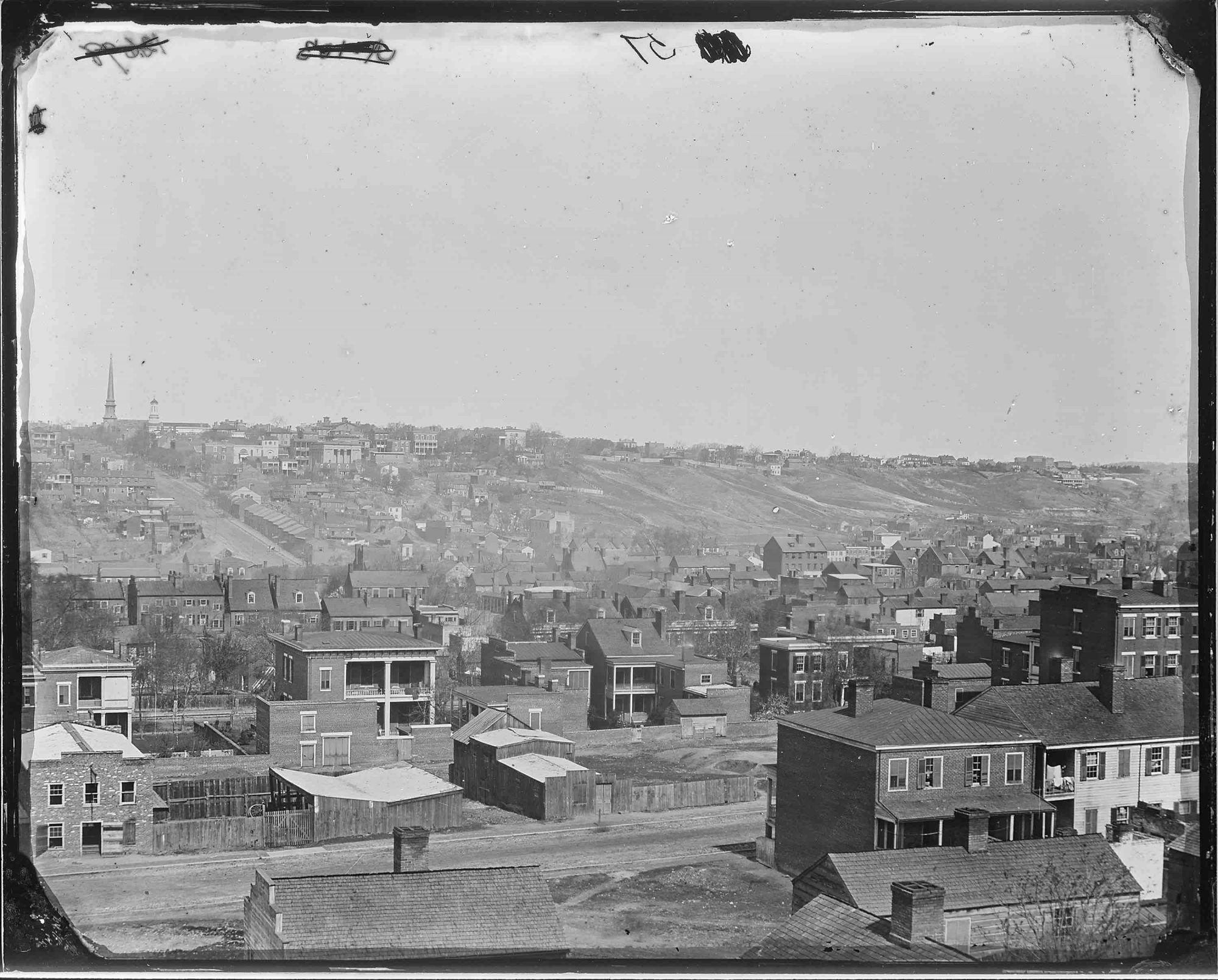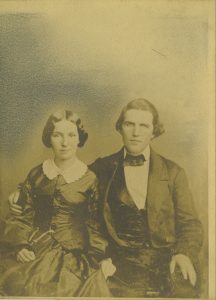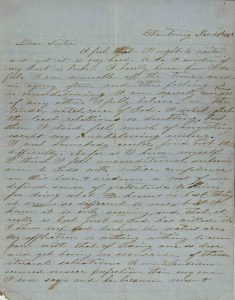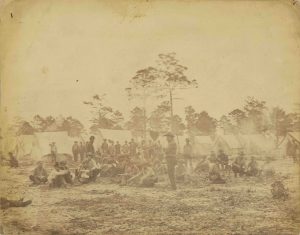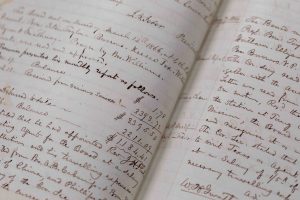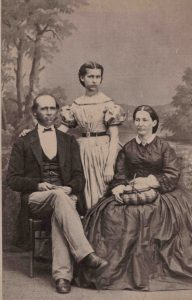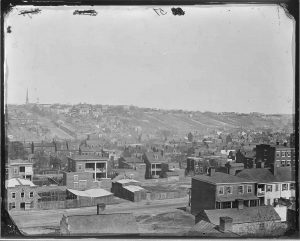1860s
During the U.S. Civil War, the Foreign Mission Board and its missionaries struggled to make ends meet. At the end of the war, only $1.78 remained in the FMB’s bank account.
No other period in Foreign Mission Board history endured such turmoil and tragedy as the Civil War years. Baptist churches were so distraught over conflicts on the home front that the missions cause was largely forgotten. Though executive leader James B. Taylor worked valiantly to keep up support levels, missionaries often were left to fend for themselves. Sometimes money for salaries simply did not exist. In other cases reliable methods of getting funds overseas, particularly to Africa, were no longer operational. Some missionaries managed to find local jobs, but others virtually starved.
In the early part of this decade, four missionaries were lost at sea, including a couple going to begin Baptist work in Japan. In China, Taiping rebels killed Landrum Holmes, making him the first Southern Baptist missionary to be murdered on the field. Another missionary to China died in a typhoon.
In the midst of the war, news of these tragedies devastated Southern Baptist leaders. After the war, they received more discouraging news that several missionaries had died in Africa, the Liberia mission was in disarray, and the work in Nigeria was at a standstill due to civil war there. Besides the loss of life and stability at home, the toll of the American civil war left the FMB with only $1.78 in its bank account. Southern Baptists feared the organization might not survive.
IMB Milestones
Significant Ministry Events
First Missionary Murdered on the Field
Taiping rebels in China killed missionary J. Landrum Holmes, the first Foreign Mission Board missionary murdered on the field. His widow, Sallie, remained in China and became a mentor to Southern Baptists’ most famous missionary, Lottie Moon.
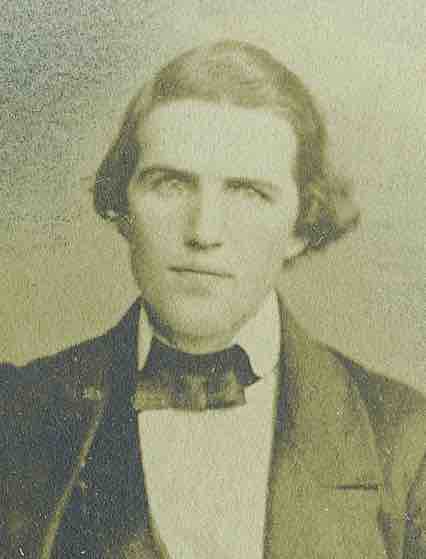
Support Operations Devastated by Civil War
The devastating effects of the U.S. Civil War left missionaries to fend for themselves as the Foreign Mission Board’s administrative functions all but ceased. By the end of the war, the organization was in severe debt — only $1.78 remained in the bank — and Southern Baptists questioned whether their mission efforts could continue.
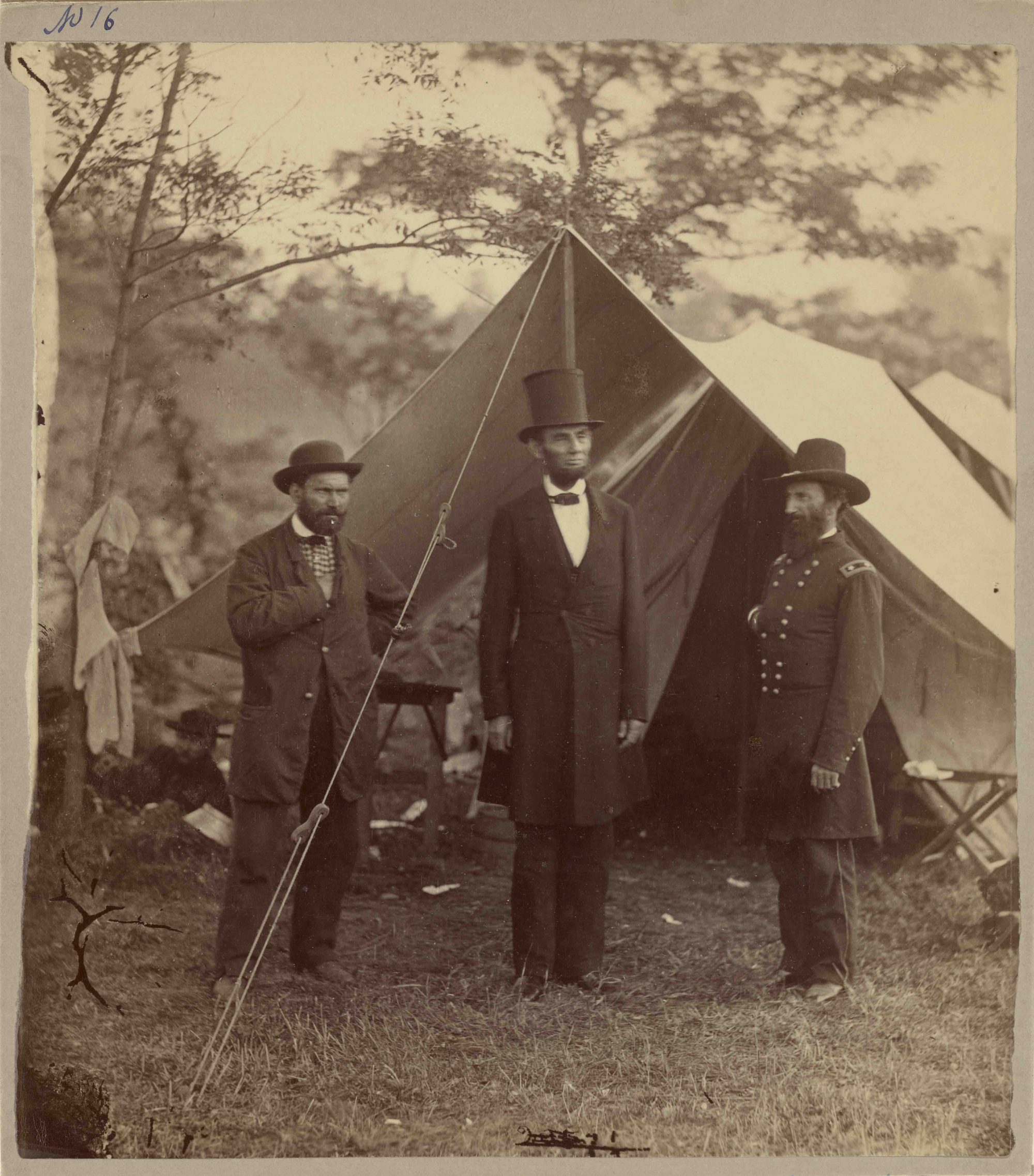
Missions in Context
Major World Events
Civil War Devastated the United States
In April 1861, war broke out between the Confederate states and Union forces over issues of states’ rights and slavery, claiming the lives of 620,000 to 750,000 soldiers. The economy of the former Confederate states suffered for many years after their defeat in April 1865, which deeply impacted the financial situation of the Foreign Mission Board.
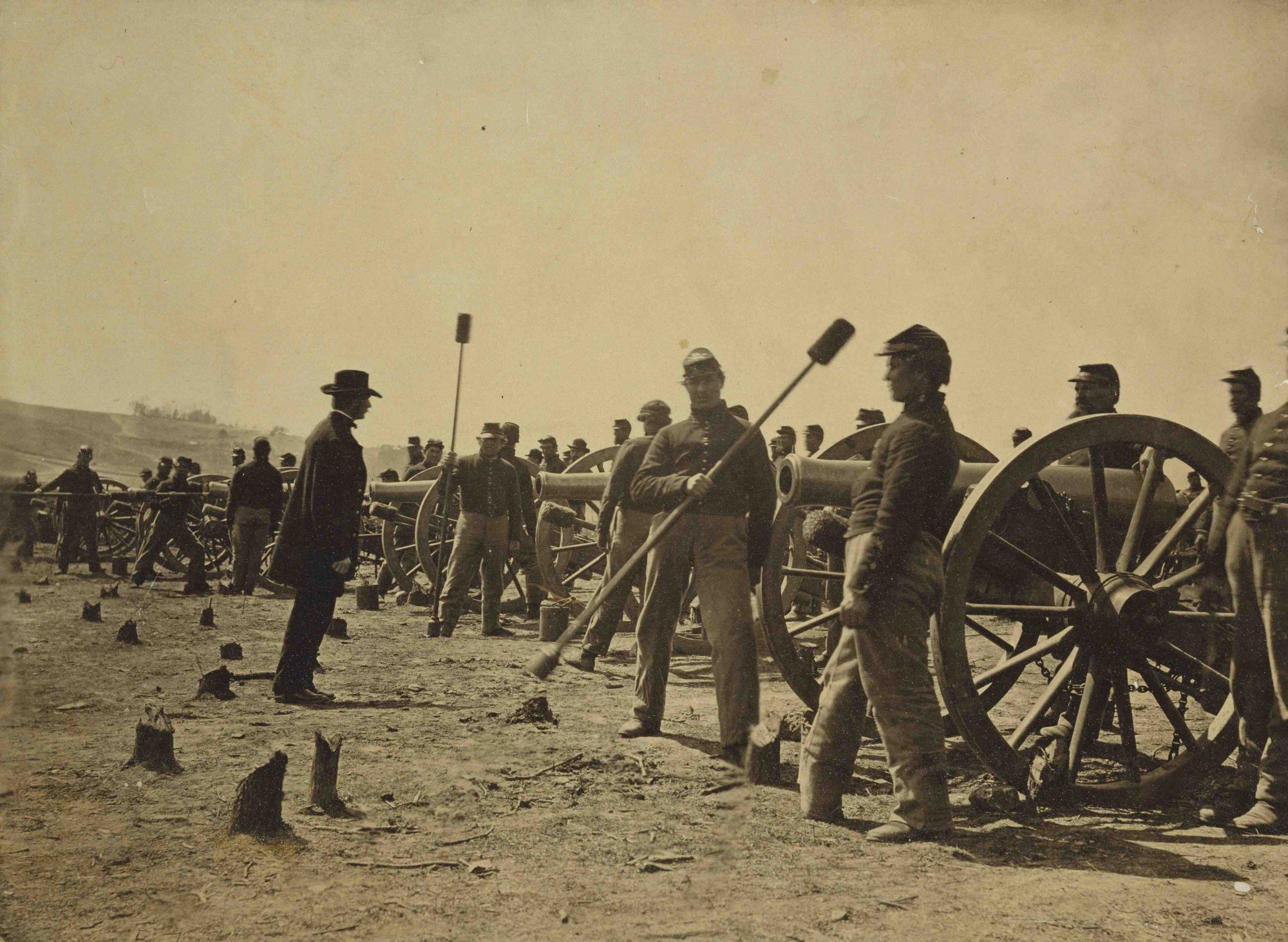
Nearly Bankrupt
At the end of the Civil War, the Foreign Mission Board had only $1.78 in the bank.
Meiji Restoration Opened Japan to Western Influence
Japan was ruled for over 250 years by the Tokugawa Shogunate, which secluded the nation from Western influence. Missionaries were excluded and Christianity was forced underground. In 1866, several groups joined forces to restore imperial rule, ultimately bringing about Japan’s modernization and industrialization, and opening the door to Western ideas. Foreign Mission Board work in Japan started in 1888 with missionary John Brunson.
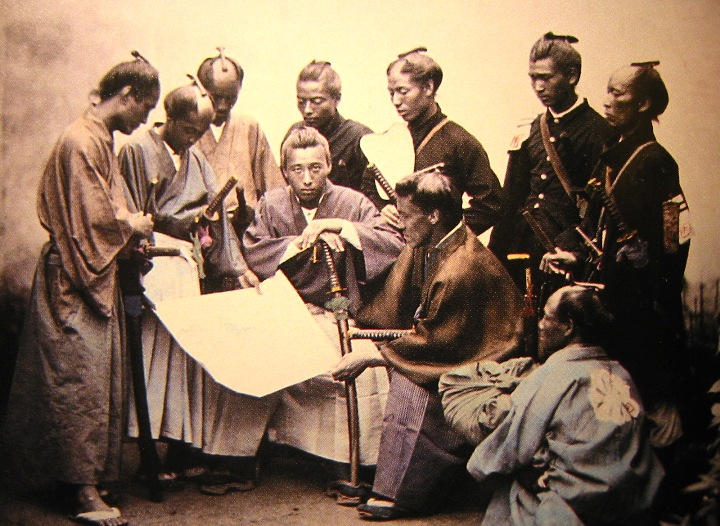
Trans-Continental Railroad Opened
Until 1869, travel across the United States was expensive and time-consuming. With the opening of the Trans-Continental Railroad, commerce increased, bringing economic prosperity to the U.S. for years to come and enabling Americans to travel more quickly and affordably. Missionaries started traveling by train to California to sail to countries in East Asia.
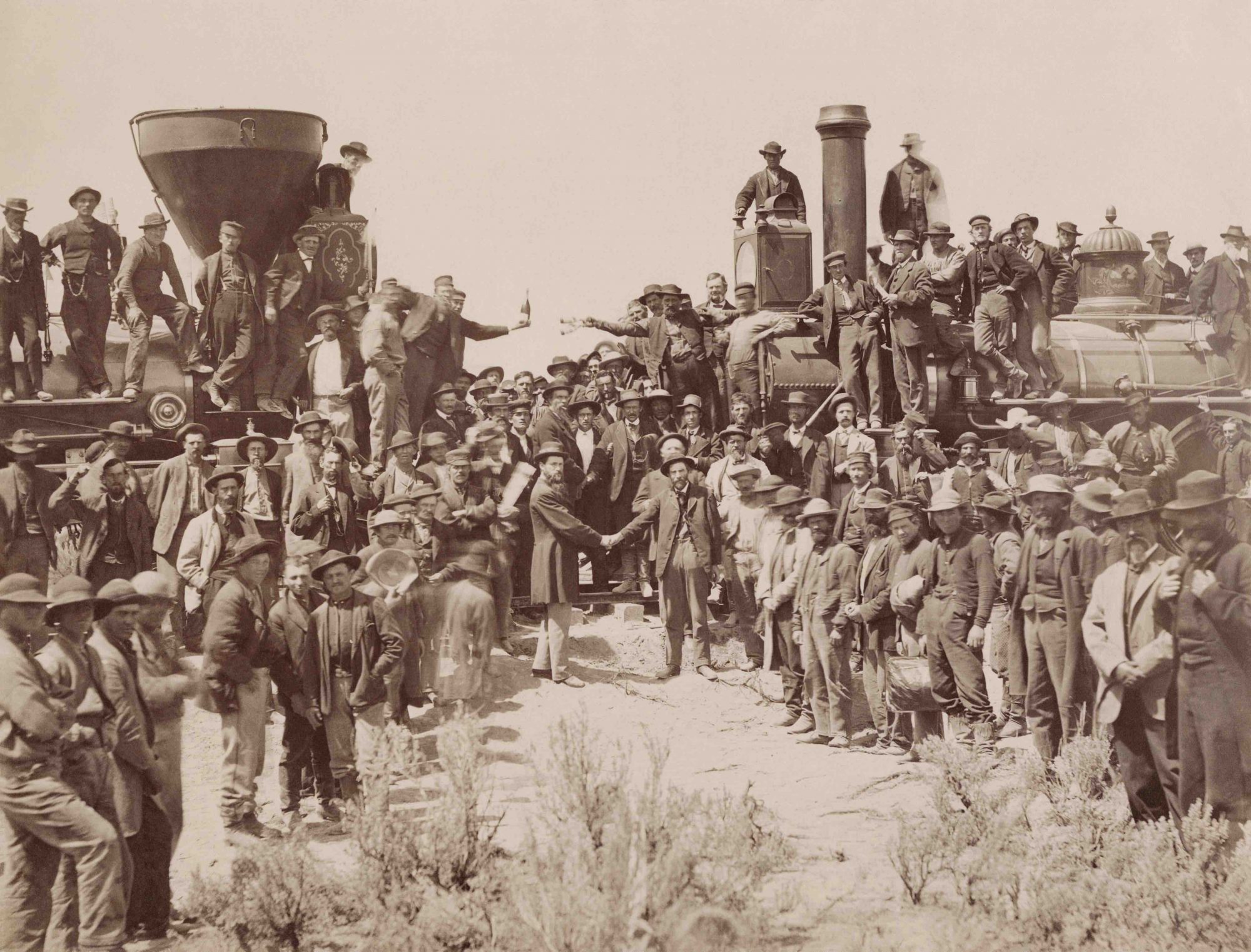
Missionary Profiles
Honoring Faithful Service
Joseph and Sarah Harden
In a time when his own country was divided by the issue of slavery, Joseph would claim his freedom in Christ and offer it to others.
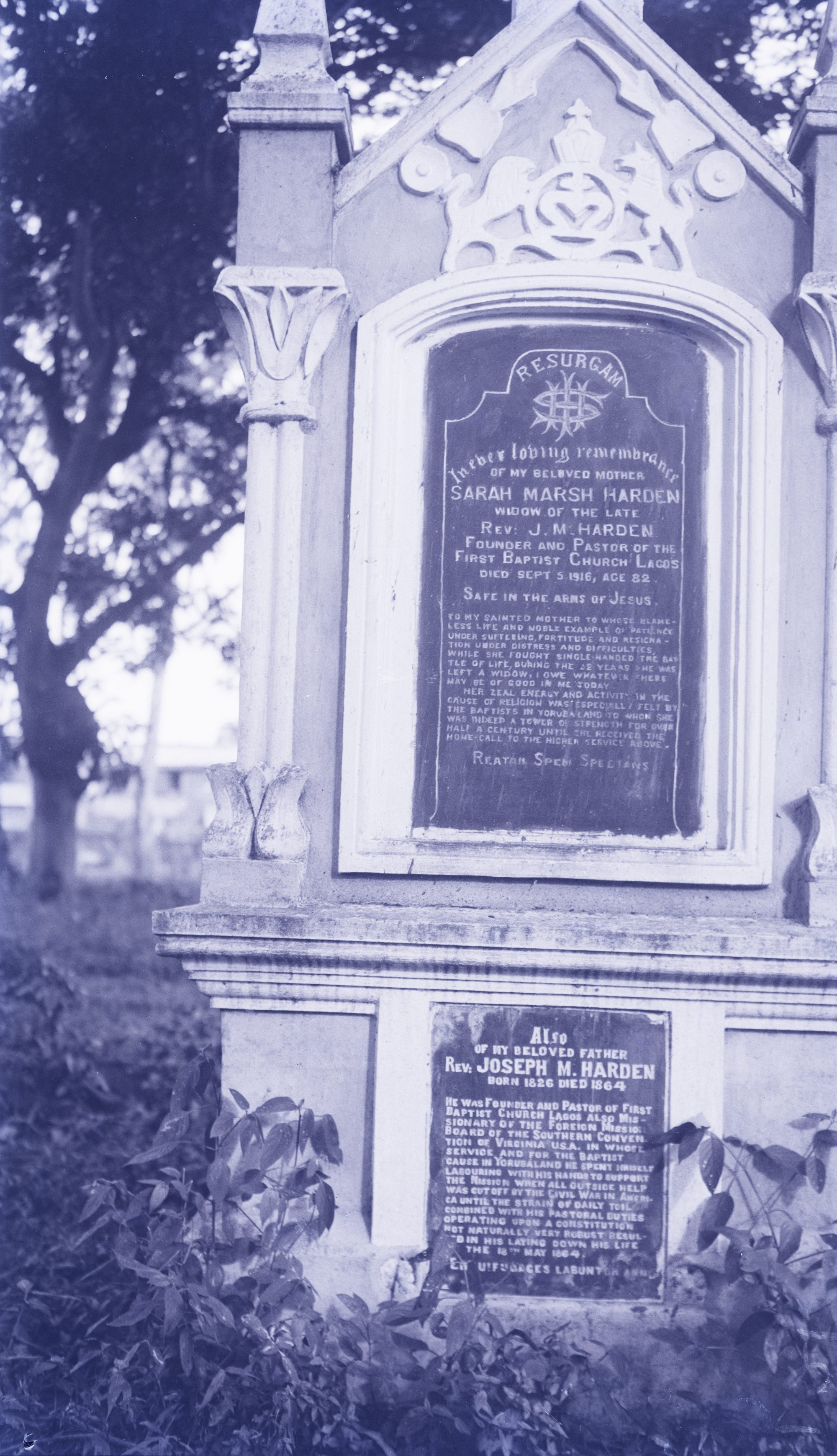
Sallie and Landrum Holmes
When all hope seemed lost, would Sallie find the strength to stay in China?
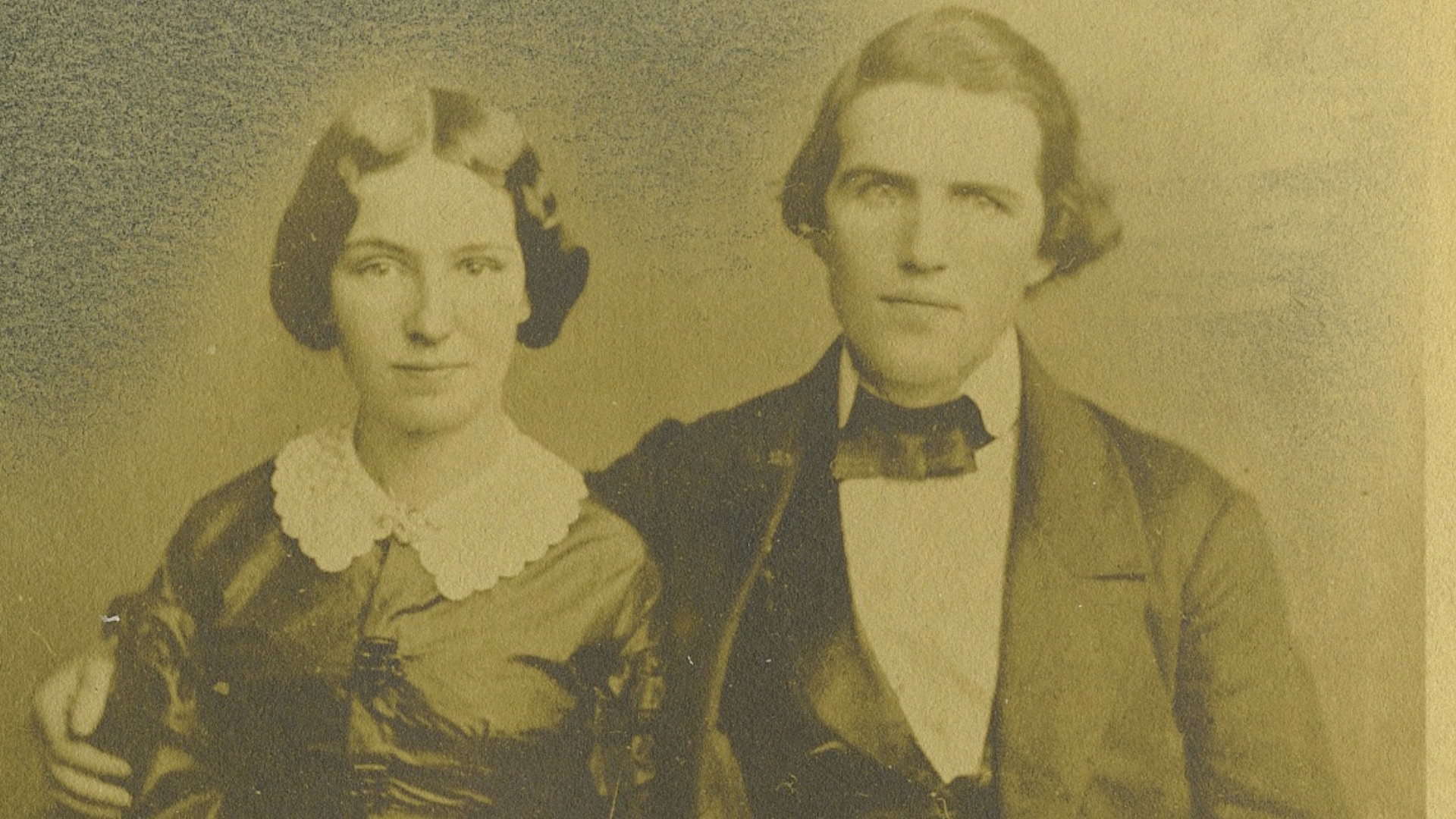
Thomas and Mary Reid
The newlyweds were determined to be faithful to each other and to God, no matter what.
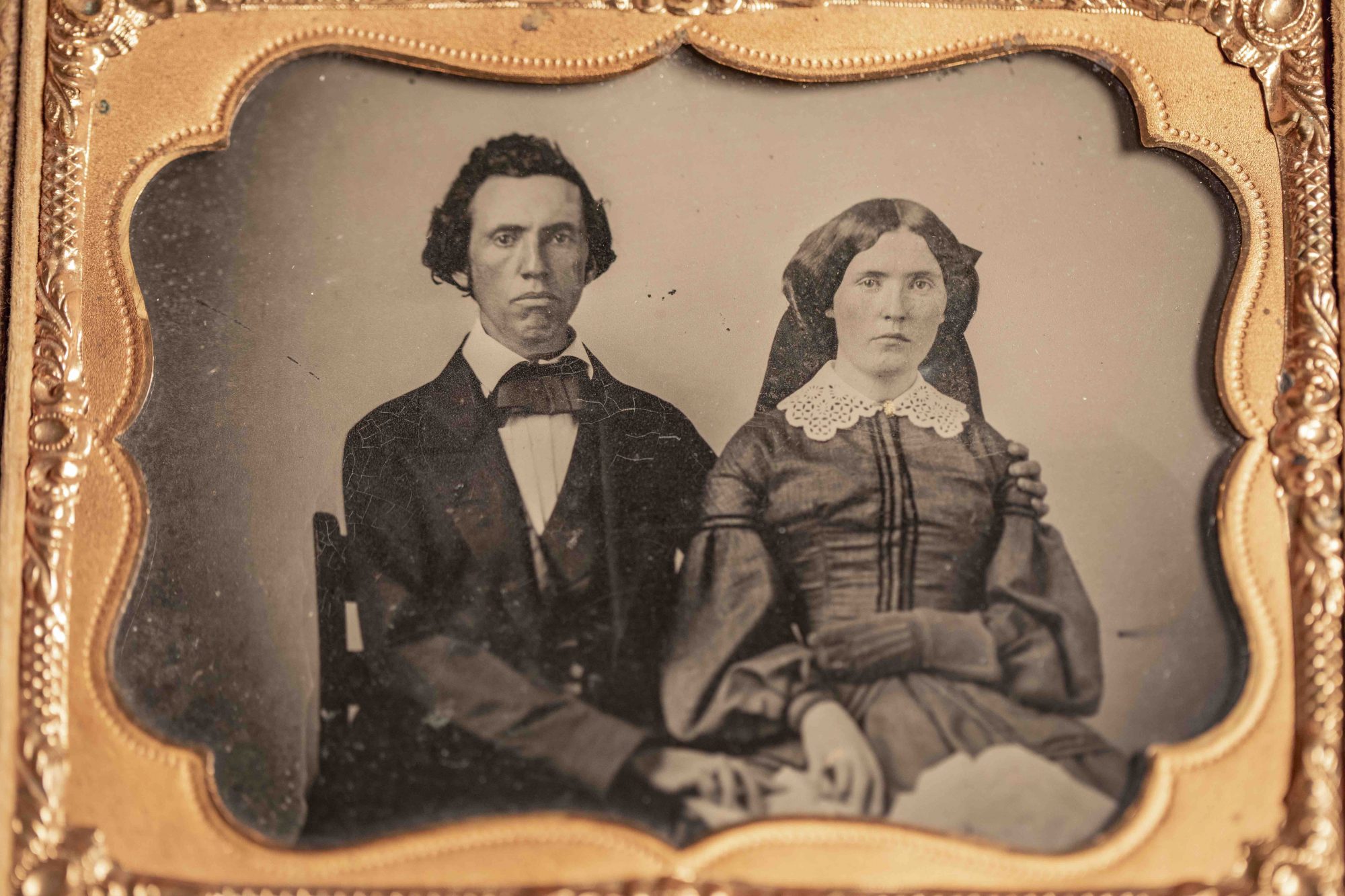
God at Work
Stories From The Field
Africa Mission Stations Suffer during Wars in U.S. and Yoruba
During a large portion of the last three years, we have been cut off from all communication with our missionaries. Amid some indications of Divine favor, and in the experience of painful changes, our brethren in … Yoruba [modern-day Nigeria] have nobly toiled on in their work. …
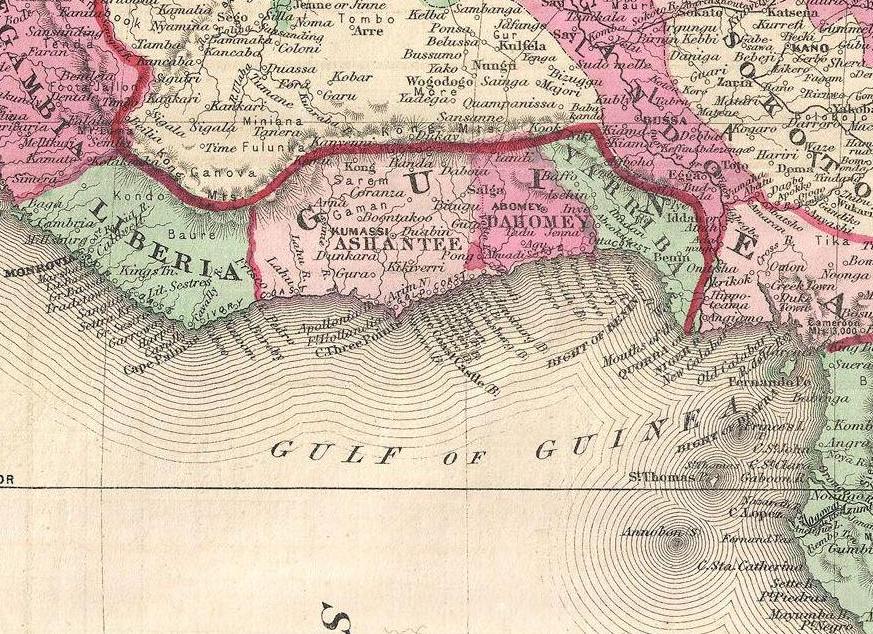
Path of Duty
Four new missionaries set sail for Asia and were never heard from again. Yet their words still inspire us.
Shanghai Mission Suffers from War, Rebellion and the Sea
The painful apprehensions which … were beginning to be entertained, respecting the loss of our esteemed brother, Rev. A. L. Bond, and his lady, have been confirmed. They sailed in the "Edwin Forest" from New York, on the 3rd of August, 1860. … Their arrival in Shanghai was anticipated with deepest solicitude by missionaries there. But God had otherwise ordered. Nothing has been heard from the vessel since she left our shores. She was either burnt or foundered at sea. ...
